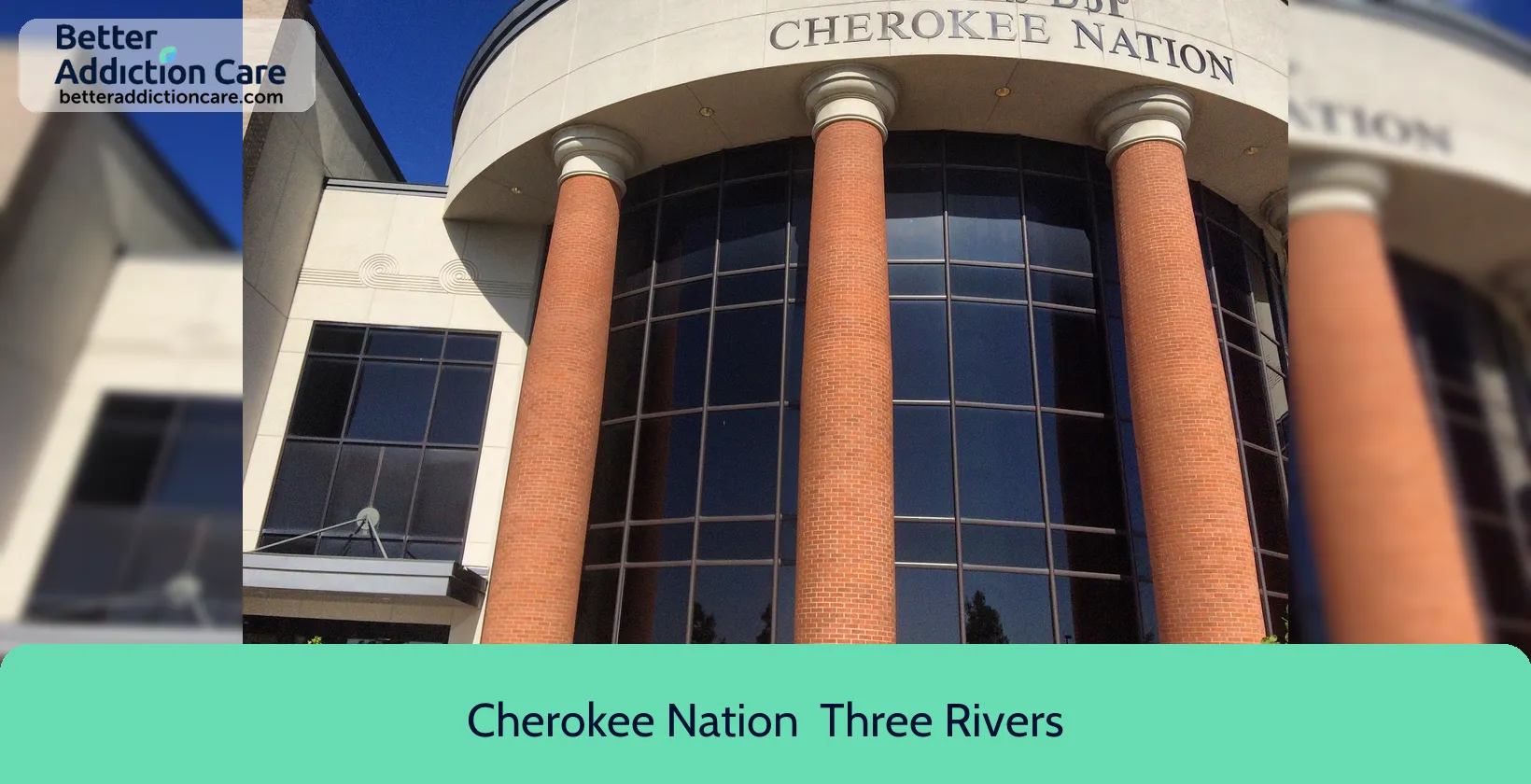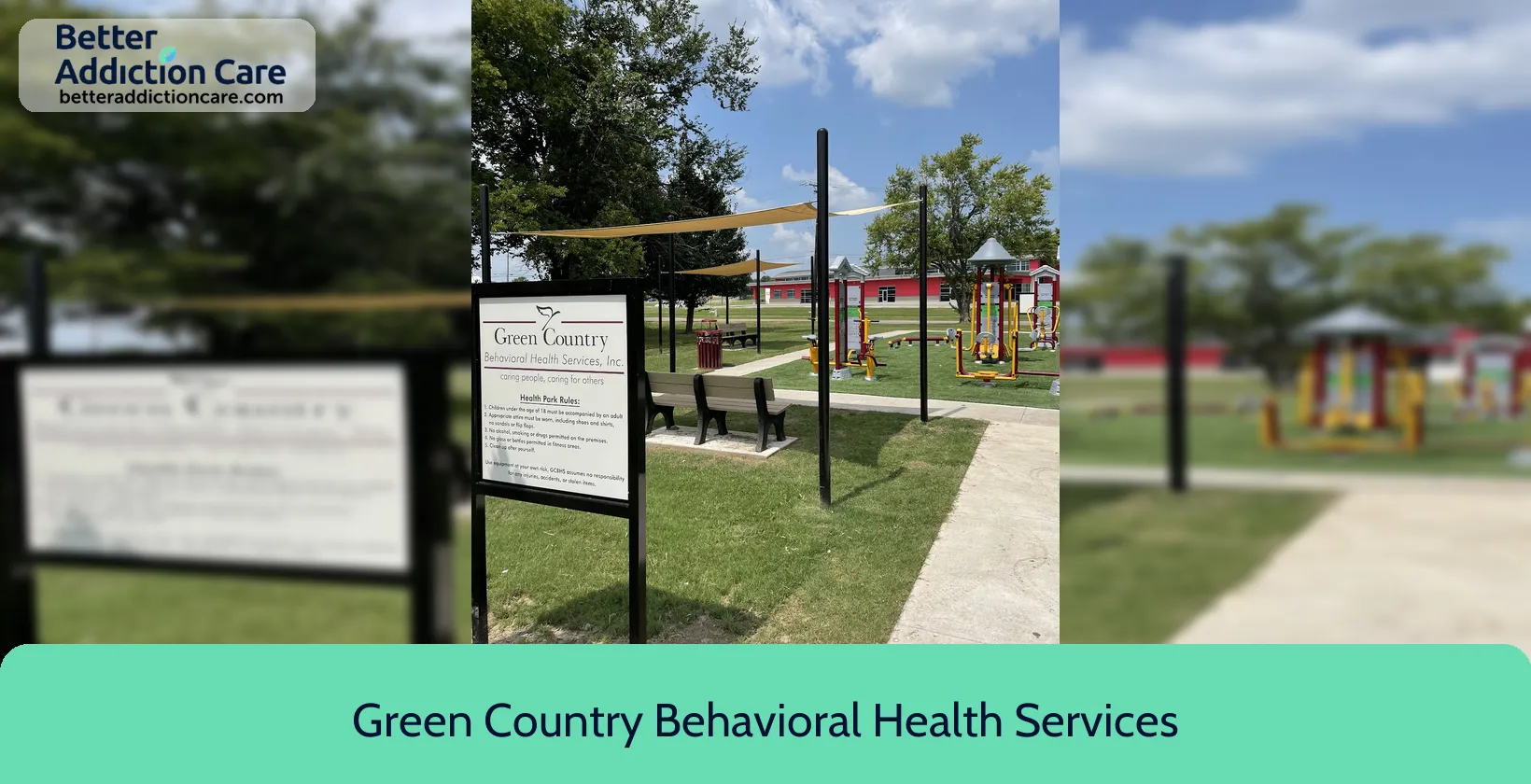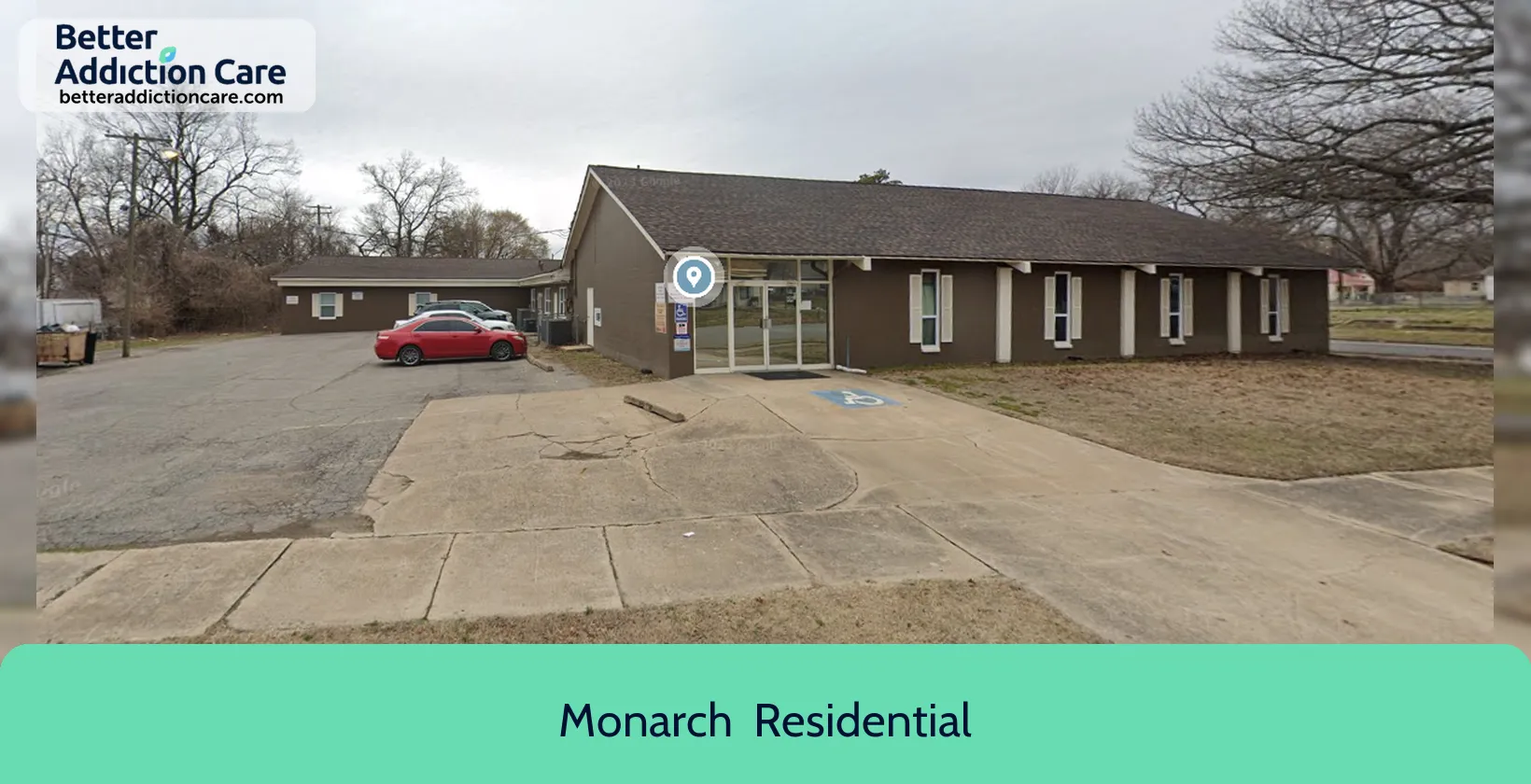Monarch - Residential
Overview
Monarch, located in Muskogee, Oklahoma, is a nonprofit organization dedicated to providing comprehensive treatment for men seeking recovery from alcohol and drug addiction. Since its inception in 1981, Monarch has expanded its services to include residential and outpatient programs that take into account the whole person, treating individuals through a trauma-informed, gender-sensitive, age-appropriate, and culturally competent lens. The organization also offers a separate center for adult women and an outpatient clinic serving men, women, and children suffering from mental illness and substance abuse.
Monarch’s programs are designed to offer a highly structured regimen that includes professionally directed evaluations, care, and individualized treatment plans. Each week, participants engage in a minimum of 24 hours of therapeutic substance abuse treatment services, which encompass life skills training, recreational activities, self-help and support meetings, and alternative therapies. The duration of treatment is tailored to each individual’s needs and progress. Medical treatment for primary care services, referrals, and testing for HIV/AIDS, STDs, and hepatitis is available, although outside medical costs must be borne by the individual.
The residential program at Monarch offers a wide array of services, including family counseling, individual counseling, parenting classes, addiction education, relapse prevention, relationship programming, nutrition classes, case management, and 12-step meetings. The 12-step program, based on Alcoholics Anonymous (AA), involves admitting powerlessness over addiction, self-examination, making amends, and supporting others in their recovery journey. Additional 12-step groups include Narcotics Anonymous (NA), Cocaine Anonymous (CA), Dual Recovery Anonymous (DRA), Sex and Love Addicts Anonymous (SLAA), and Gamblers Anonymous (GA).
Monarch’s outpatient program is designed to help individuals develop and maintain coping skills, facilitating their adjustment and reintegration into society post-treatment. Outpatient services include individual therapy, group therapy, family therapy, psychoeducational groups, parenting groups, nicotine cessation support, case management, drug testing, and marriage counseling. Aftercare services at Monarch include connections to regular alumni events for peer support and referrals to additional resources for continued recovery care.
Monarch may be in-network with most commercial insurance providers, but individuals are advised to confirm coverage with their specific providers as out-of-network benefits may vary. The organization recently announced the opening of its Inpatient Male Residential facility, now accepting admissions for those in need of these services.
The mission of Monarch, Inc. is to provide quality, recovery-oriented, trauma-informed, gender-sensitive, age-appropriate, and culturally competent services to men, women, and children affected by substance abuse and/or mental illness. Their therapeutic approach focuses on building on an individual’s strengths rather than their deficits, guided by eight research and consensus-derived principles to deliver a comprehensive, continuous, and integrated system of care. Monarch's commitment to serving Oklahoma has been steadfast since 1981, continually evolving to meet the needs of the community it serves.
Monarch is proud to hold CARF Accreditation (Accreditation Number: 204080) and is listed by SAMHSA, reflecting its commitment to maintaining the highest standards of care in addiction treatment and mental health services. These accreditations underscore Monarch's dedication to providing exceptional, evidence-based services and continuous improvement in patient care, ensuring that clients receive the highest quality treatment in a supportive and regulated environment.
Monarch - Residential at a Glance
Payment Options
- Cash or self-payment
- Medicaid
- State-financed health insurance plan other than Medicaid
- Federal, or any government funding for substance use treatment programs
- Sliding fee scale (fee is based on income and other factors)
Assessments
- Screening for tobacco use
- Comprehensive substance use assessment
- Interim services for clients
- Outreach to persons in the community
- Screening for mental disorders
Age Groups
- Seniors or older adults
- Young adults
- Adults
Ancillary Services
- Case management service
- Integrated primary care services
- Suicide prevention services
- Domestic violence services, including family or partner
- Early intervention for HIV
Highlights About Monarch - Residential
7.05/10
With an overall rating of 7.05/10, this facility has the following balanced range of services. Treatment Options: 8.18/10, Alcohol Rehabilitation: 8.00/10, Drug Rehab and Detox: 6.00/10, Insurance and Payments: 6.00/10.-
Treatment Options 8.18
-
Alcohol Rehabilitation 8.00
-
Drug Rehab and Detox 6.00
-
Insurance and Payments 6.00
Accreditations
Commission on Accreditation of Rehabilitation Facilities (CARF):

CARF accreditation is a prestigious recognition granted to rehabilitation and human service organizations. It signifies that an organization meets high-quality standards, having undergone a rigorous evaluation process. CARF accreditation boosts an organization's credibility and ensures top-notch care for individuals with disabilities, injuries, or healthcare needs.
Registration: 204080
SAMHSA certification for opioid treatment program (OTP):
SAMHSA's Opioid Treatment Programs (OTP) Accreditation is a rigorous recognition process, signaling an OTP's commitment to high-quality care for those with opioid use disorders. It assures patients, families, and the community that the program adheres to evidence-based practices, maintains a safe environment, and employs qualified staff. This accreditation represents a commitment to addressing the opioid epidemic and promoting recovery, symbolizing quality and accountability in opioid addiction treatment.
Treatment At Monarch - Residential
Treatment Conditions
- 24-Hour Clinical Care
- Alcoholism
- Mental health treatment
- Substance use treatment
- Co-occurring Disorders
Care Levels
- Hospital inpatient treatment
- Short-term residential
- Long-term residential
- Hospital inpatient/24-hour hospital inpatient
- Aftercare
Treatment Modalities
- Cognitive behavioral therapy
- Substance use disorder counseling
- Trauma-related counseling
- Smoking/vaping/tobacco cessation counseling
- Group counseling
Ancillary Services
Languages
- Sign language services for the deaf and hard of hearing
Additional Services
- Pharmacotherapies administered during treatment
- Mentoring/peer support
- Breathalyzer or blood alcohol testing
Special Programs
- Clients with co-occurring mental and substance use disorders
- Veterans
- Members of military families
- Criminal justice (other than DUI/DWI)/Forensic clients
- Pregnant/postpartum women
Get Help Now
Common Questions About Monarch - Residential
Contact Information
Other Facilities in Muskogee

6.92

7.26

7.68

8.06
DISCLAIMER: The facility name, logo and brand are the property and registered trademarks of Eastern Oklahoma VA Healthcare System, and are being used for identification and informational purposes only. Use of these names, logos and brands shall not imply endorsement. BetterAddictionCare.com is not affiliated with or sponsored by Eastern Oklahoma VA Healthcare System.

